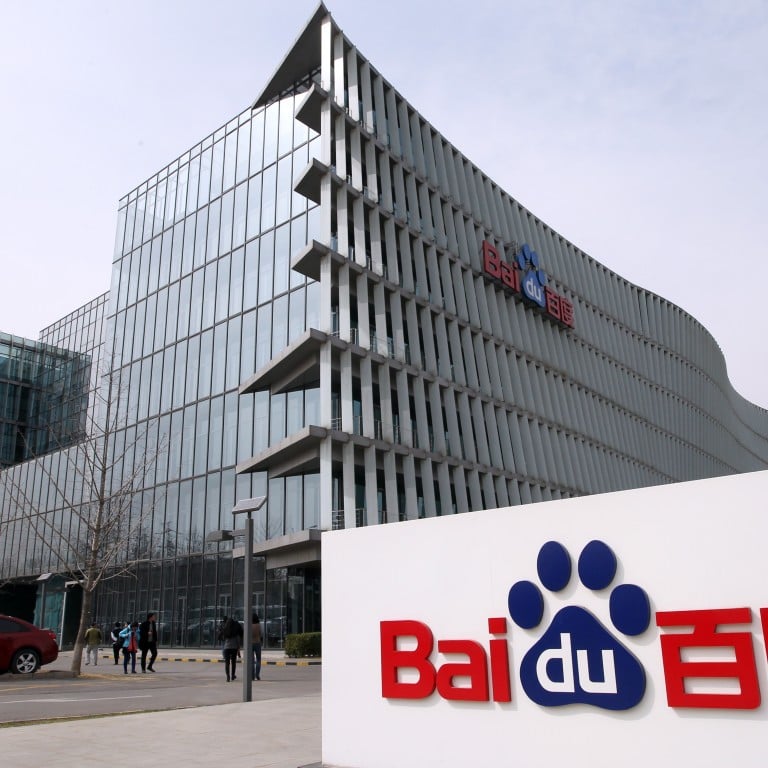
Baidu supercomputer beats Google and Microsoft in image recognition test
A supercomputer developed by Chinese internet giant Baidu has beaten ones from Google and Microsoft in an annual image recognition challenge, a step forward for the company in the development of artificial intelligence.
The challenge, part of ImageNet project in the U.S, was to sort 100,000 random images into the correct category, by their content, for example recognising a lawn mower in a picture regardless of whether the mower was shown complete or in separate parts, on a lawn or elsewhere.
In a paper documenting the test, Baidu researchers said their computer, called Minwa, recorded an error rate of 4.58 per cent, beating a Google machine’s 4.82 per cent reported in March and Microsoft’s earlier 4.9 per cent.
“Our company is now leading the race in computer intelligence,” said Baidu's Ren Wu, commenting on the achievement at the Embedded Vision Summit in California on Tuesday, according to a report in MIT Technology Review.
“We have great power in our hands – much greater than our competitors,” he added.
The structure of the Minwa supercomputer is tailored to simulate the human brain, with chipsets functioning as neurons. It is one of the top 10 fastest such machines in the world.
Ren said the computer’s pure power was behind its good performance.
“The success of this work is driven by tremendous computational power, and can also be described as a ‘brute force’ approach,” Ren wrote in the paper.
“It is possible that other approaches will yield the same results with less demand on the computational side. The authors of this paper argue that with more human efforts being applied, it is indeed possible to see such results.
The world’s fastest supercomputer is China’s Tianhe-2, which is mainly used in government-backed research in science and military projects.

